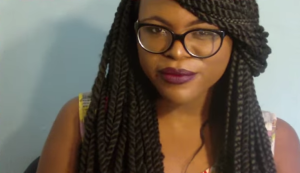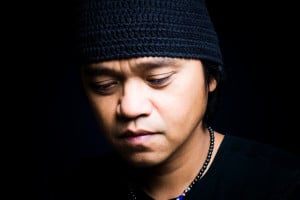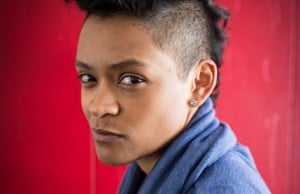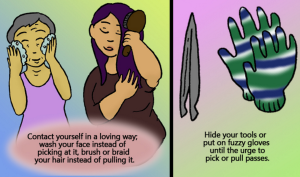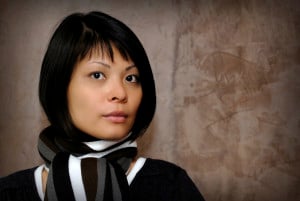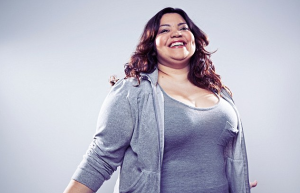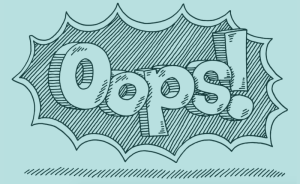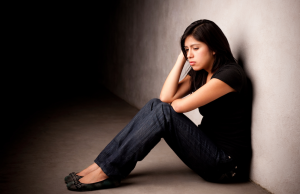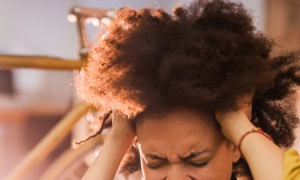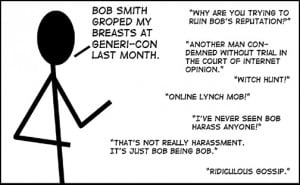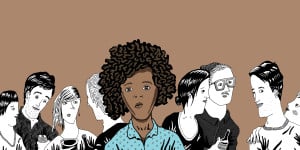
Credit: E Grollman
Homophobia sneaks into the weirdest of moments. A hair dresser came over to my house one day, and as she was doing my hair an episode of Ellen came on. She said, “I like her she’s fun.” And when I thought that would be the end of it, she added, “But I don’t like that she’s gay. I don’t like that aspect of her.”
I can’t help but wonder if our mutual blackness made her feel more comfortable making that statement. Black people who have made casual homophobic comments in my presence have assumed I’m in their bandwagon until I casually come out to them.
Casual homophobia is a way for people to have their cake and eat it too. They make a disparaging comment about gay people that’s so “normal” that no one checks them on it and then claim to be supportive of LGBTQ people.
The truth is being supportive of LGBTQ people means not perpetuating homophobic speech, even if the homophobia in question seems normal.
I address this article to the black community not because it is especially homophobic, but because people tend to assume that we’re alright with casual homophobia, including ourselves.
As I go about my queer black business, I encounter a lot of people who seem to think that blackness and queerness are mutually exclusive.
This includes any white LGBTQ person who’s ever said that “Gay is the new black.” This includes straight black people who go to great and ridiculous lengths to announce their straightness in platonic same sex friendships.
It also includes queer black people who are more cautious about coming out amongst other black people because they believe the hype—they’re convinced that they are unsafe in their own community.
In part, people think the black community is so homophobic because of casual homophobia and our silence around it. I’ll admit—there have been many times where someone said something casually (or seriously) homophobic in my face and I bit my tongue.
Because they were family. Because they were friends. Because they were religious. Because they were elders I didn’t want to disrespect.
I don’t know how it happens in anyone else’s household, but I was pretty much trained not to rock the boat, especially not when it comes to calling out people who are significantly older than me.
I used to be afraid of being rejected by the person I was talking to or ending up in a heated argument. Actually, I still am.
But I realized that taking a stand against casual homophobia can make people think a little harder before they speak.
Dealing With the Backlash
Of course, if you start calling people out for casual homophobia, you will get backlash. People will call you oversensitive or claim that you’re (insert gay slur here).
Whether you’re LGBTQ yourself or not, you don’t have to announce (or defend) your sexuality to someone who’s said something ignorant. Simply saying, “That wasn’t right” should be enough.
If someone tries to make an assumption about your sexuality simply because you won’t stand for hateful language, call them out for that too.
You don’t have to be gay to call out bigots.
If you’re straight, please don’t vehemently defend you heterosexuality as if being gay is a bad thing—that’s actually homophobic in its own way. If you don’t have a problem with being gay, then you shouldn’t have a problem with people thinking you are if you take a stand against homophobia.
That little bit of anxiety you have about being mistaken for gay is non-optional for people who are actually gay.
Casual Homophobia Validates Aggressive Homophobia
If the person who made the normalized homophobic statement actually does care about gay people and is open to rethinking their speech, let them know that normalizing homophobia when we still have problems with hate crimes perpetuates the problem.
Homophobia in the black community is normalized in the first place because of religious norms, a backlash against any perceived “threat” to black masculinity (including gay men and women), or rejection of homosexuality as a “white” thing.
When you repeat normalized homophobia, you’re parroting an ideology you don’t really agree with if you don’t have a problem with gay black people.
Why Say Anything?
That being said, you may still have to be selective about when and why you call out casual homophobia.
If the people around me already know that I don’t stand for that, because I’ve made it clear on several occasions, then I don’t belabor the point.
They are clearly uninterested in how LGBTQ people feel.
If these happen to be people I don’t care about either, I stop associating with them. If I’m stuck with them by blood relation, then I’ll avoid them to a reasonable degree.
When considering whether or not to call out casual homophobia, you have to make your own considerations. It’s important to ask yourself if it’s safe for you to say anything.
If you feel too threatened to respond, you have no obligation to. But here’s why it’s still a good idea when you feel safe in doing so.
When you call out homophobia, you make it less normal. Someone who’s been saying some homophobic thing without being checked on it might re-think how acceptable they’ve really been.
They’ll wonder if they’ve been saying something wrong the whole time, and no one ever told them. Or they might not care and keep saying it, but at least they know not everyone in the black community is on their side.
People think that because something is “normal” or widely stated, that they’re off the hook for saying things that may be hurtful because “people say it all the time”.
This attitude is wrong because homophobia has been the “normal” for a long time.
We need a new normal, one that doesn’t feed off of bigotry and violence.
We also need to keep working to make it known that the black community is not a homophobic monolith. Even other black people sometimes assume that the black population in general is against homosexuality.
This isn’t the case, but with so many supposed allies saying casually homophobic things, it can be hard to tell.
Let’s not make it so hard to tell by standing up to normalized casual homophobia.
Jarune Uwujaren is a Contributing Writer for Everyday Feminism. A Nigerian-American recent graduate who’s stumbling towards a career in writing, Jarune can currently be found drifting around the DC metro area with a phone or a laptop nearby. When not writing for fun or profit, Jarune enjoys food, fresh air, good books, drawing, poetry, and sci-fi.
Search our 3000+ articles!
Read our articles about:
Our online racial justice training
Used by hundreds of universities, non-profits, and businesses.
Click to learn more







